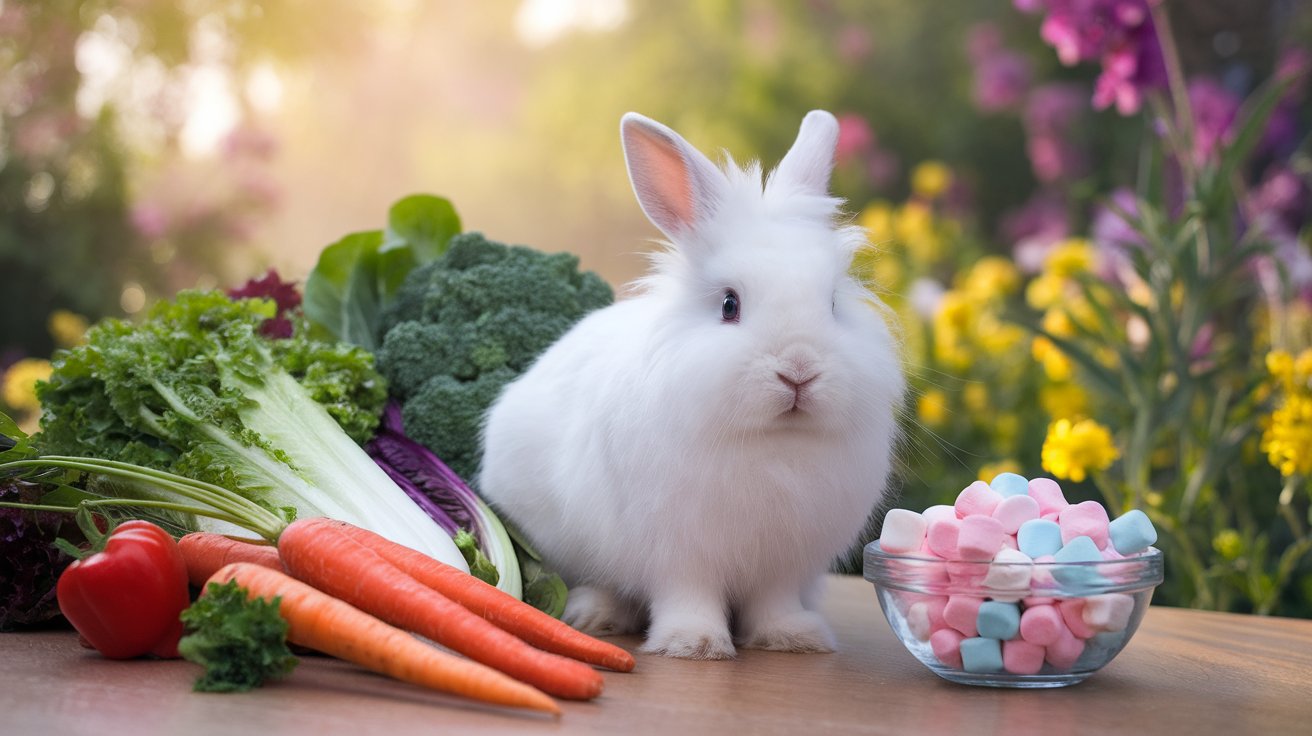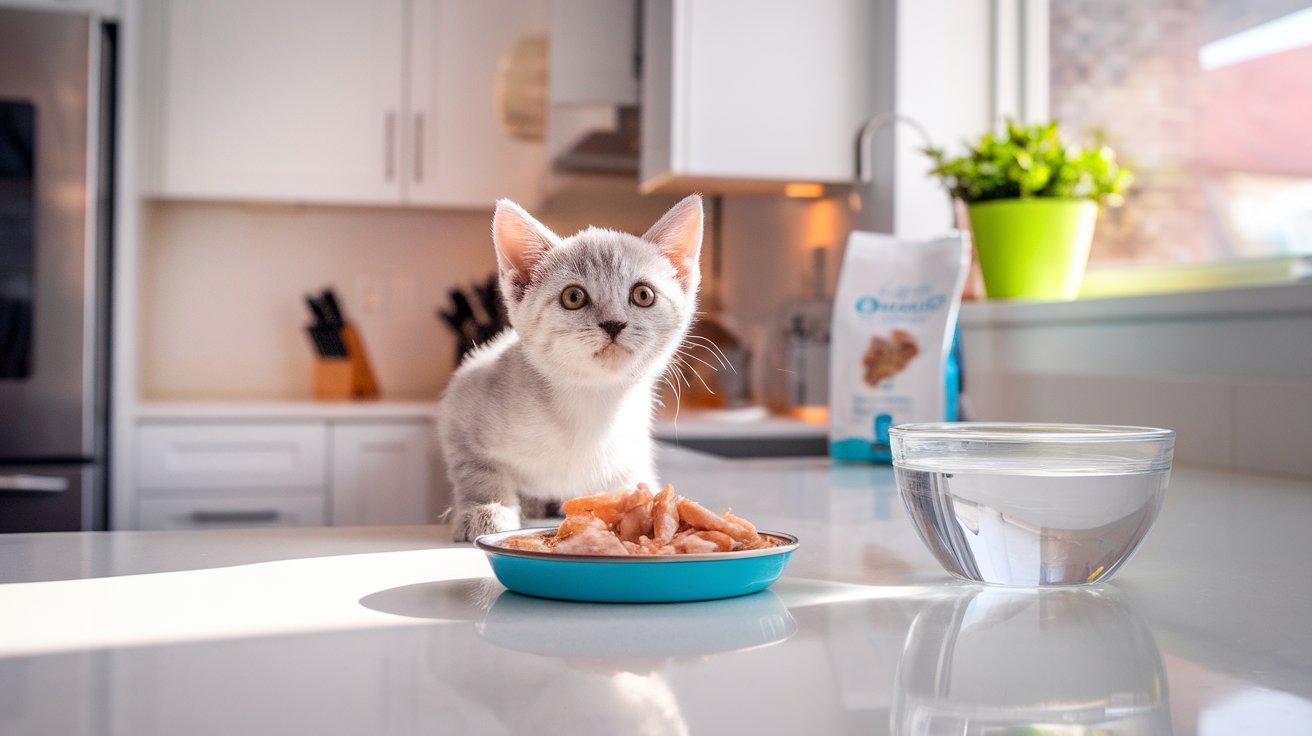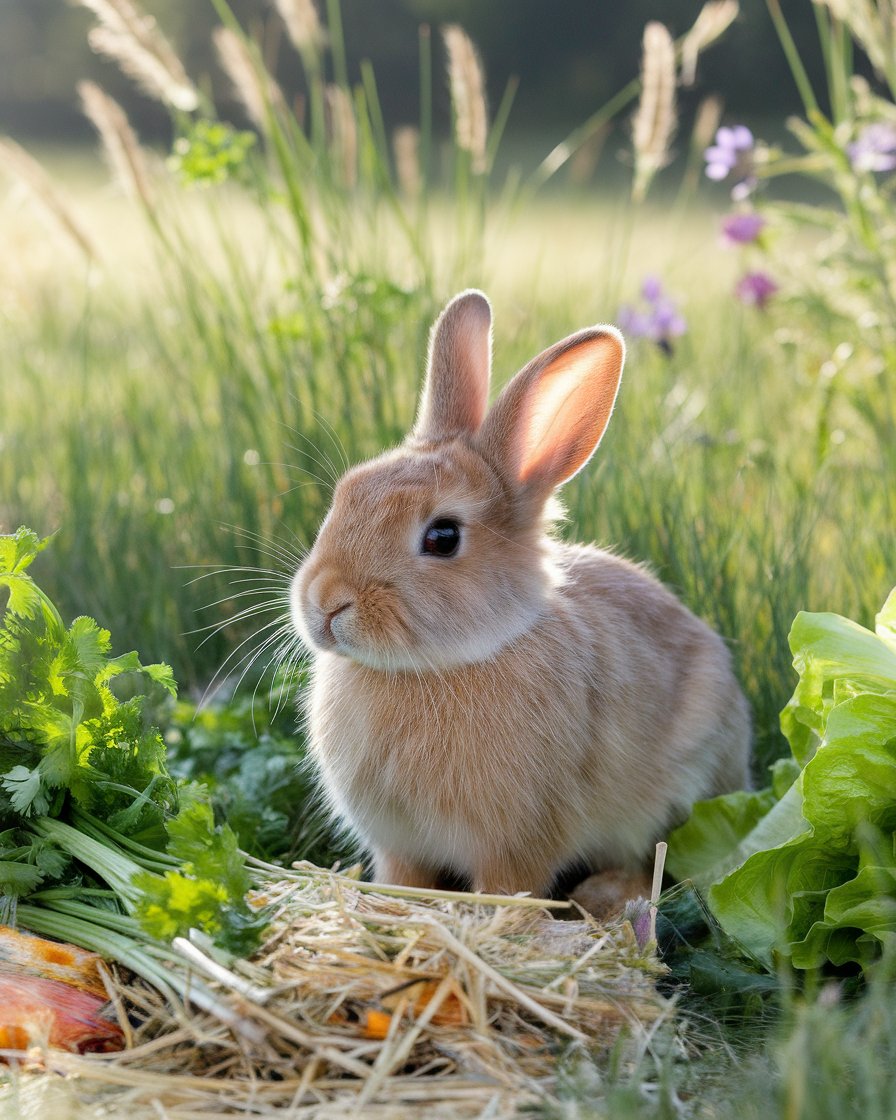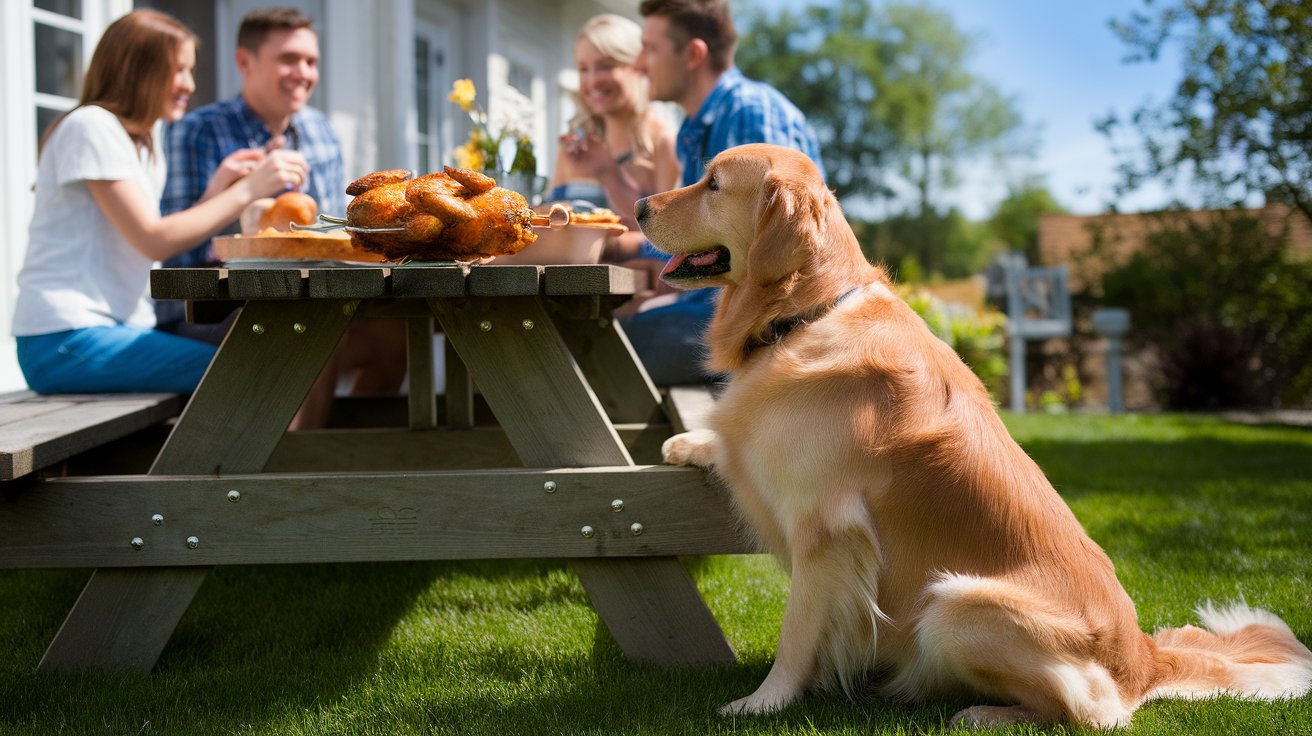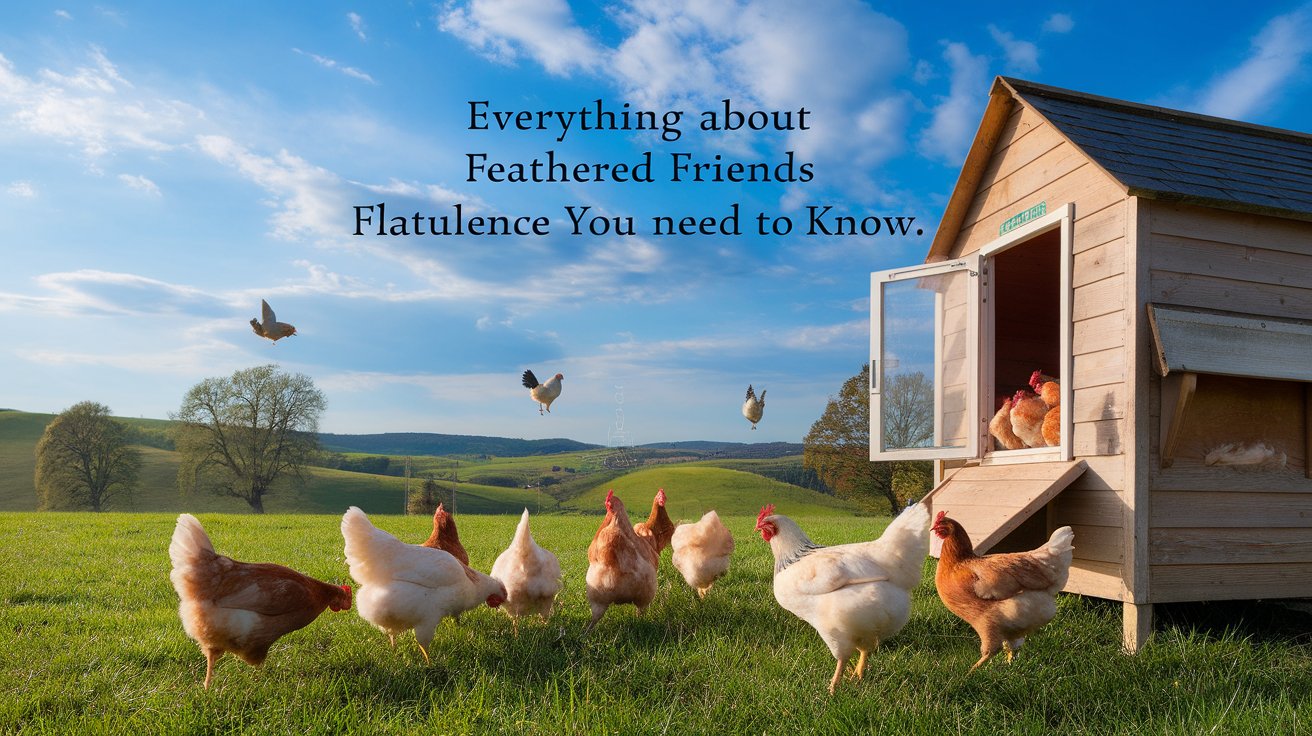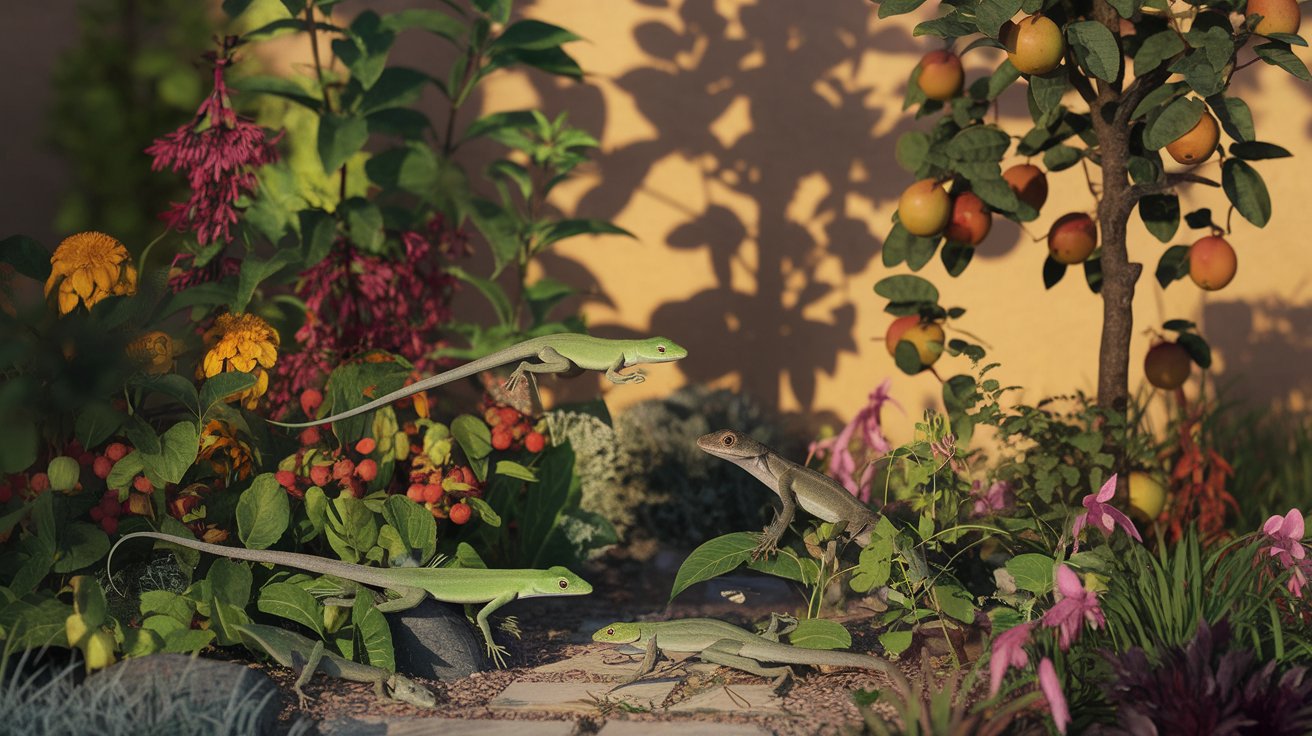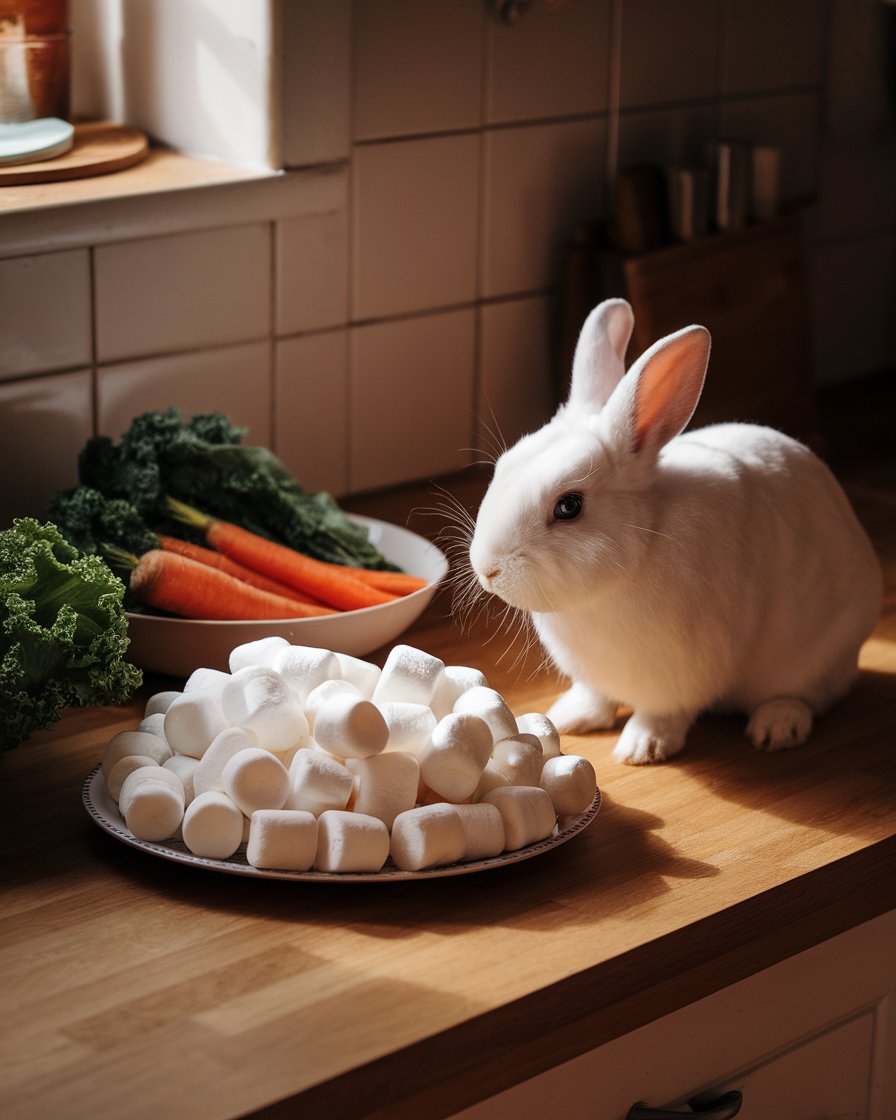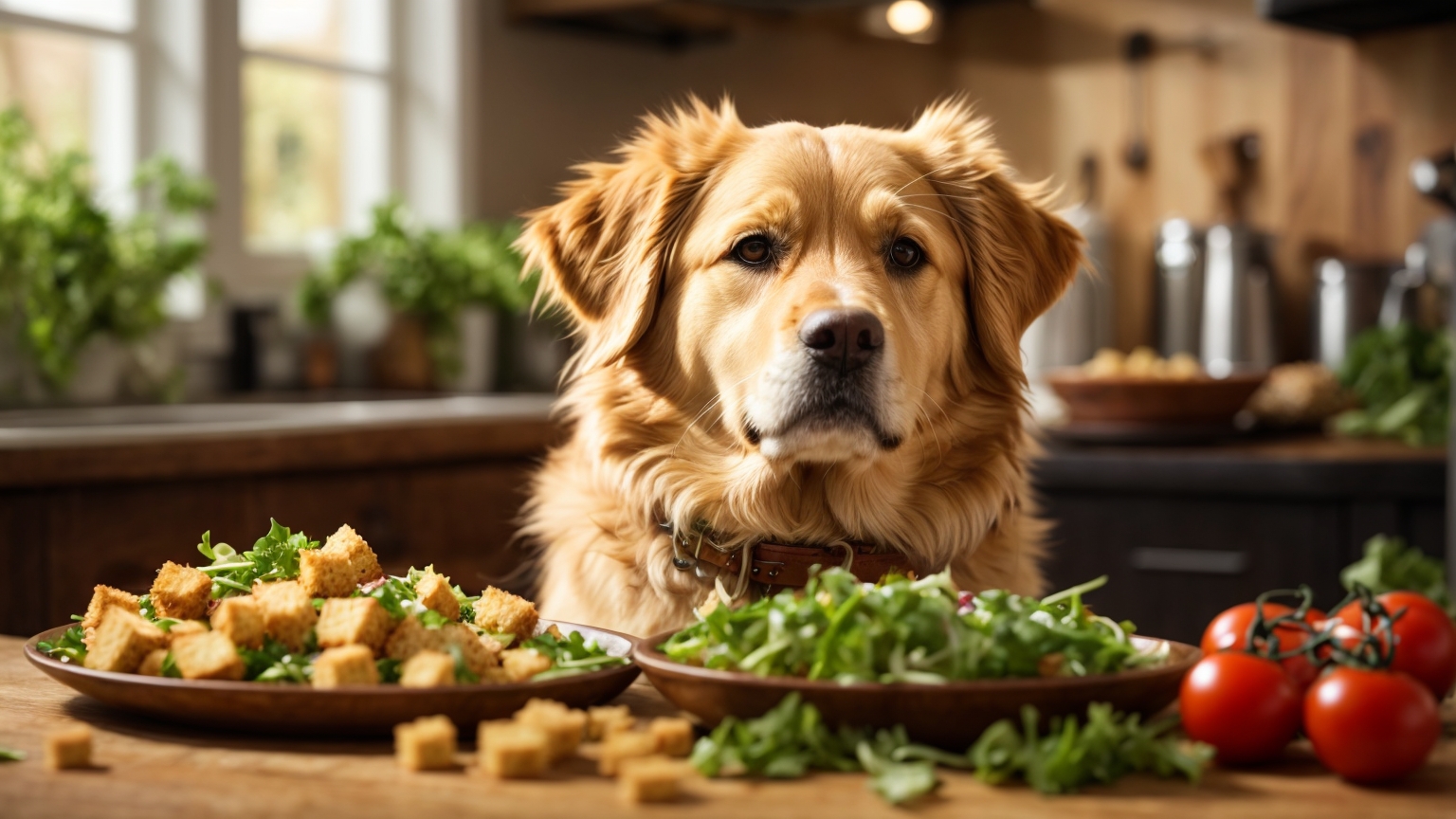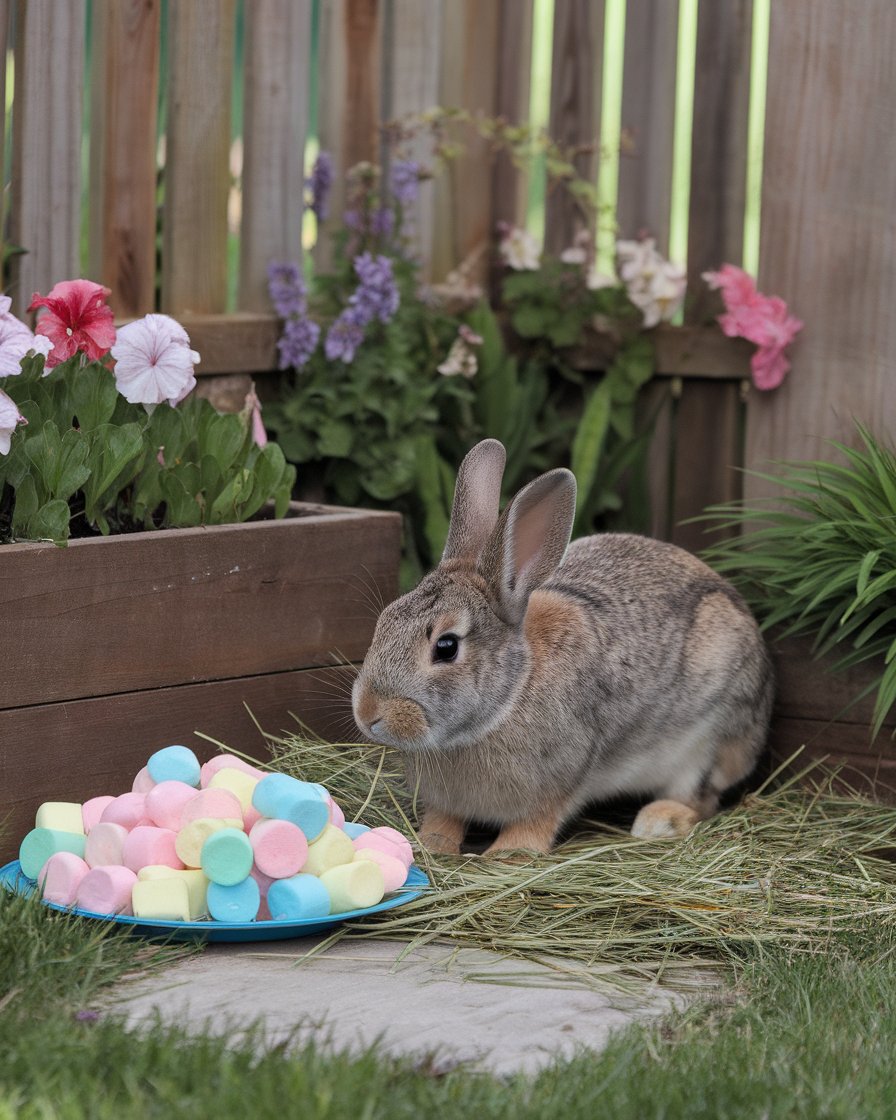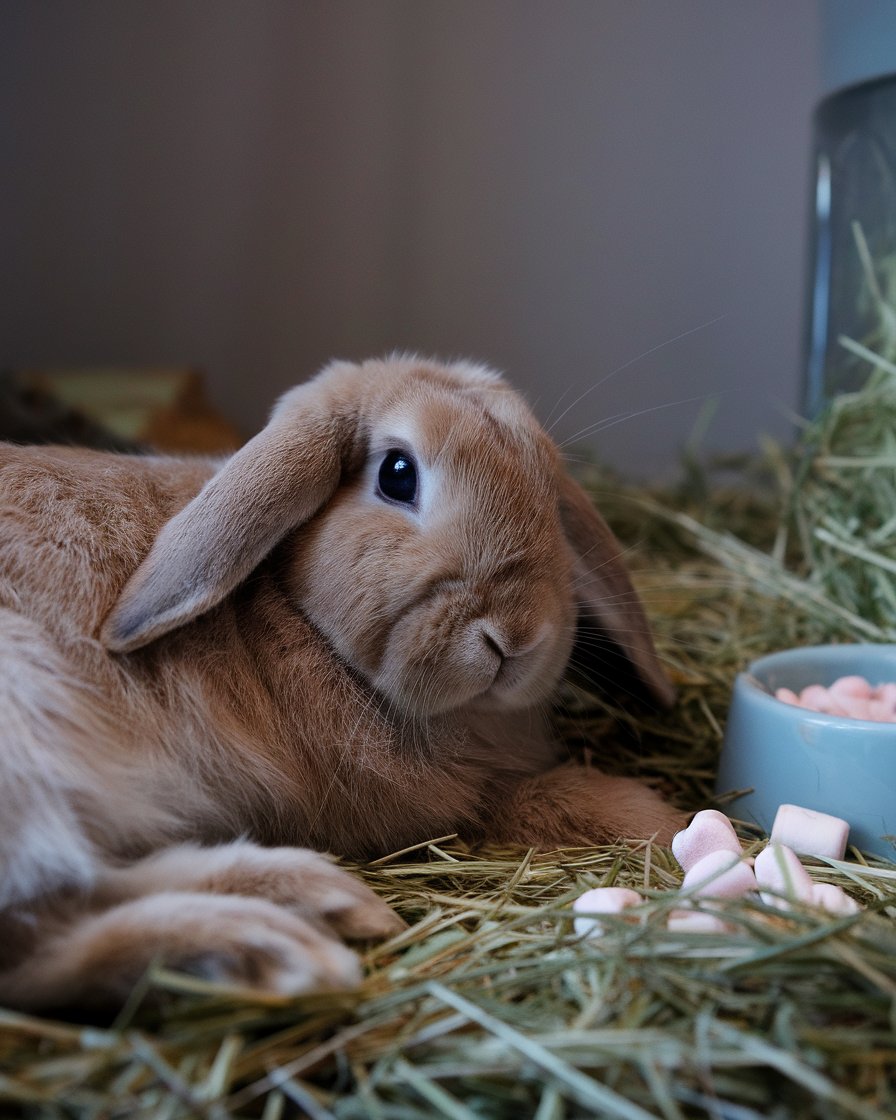Introduction
Rabbits have sensitive digestive systems, which is why a balanced diet is essential for their well-being. Rabbit owners should focus on feeding their pets hay, fresh vegetables, and a limited number of pellets to meet their nutritional needs. Introducing sugary foods, such as marshmallows, can cause digestive issues and lead to weight gain. Though rabbits may love the taste of sweet treats, marshmallows are high in sugar and contain no nutritional value, making them harmful to rabbits’ health. In fact, even small amounts of marshmallows can upset a rabbit’s delicate digestive system and lead to serious health issues like diarrhea or obesity.
While marshmallows are not immediately toxic to rabbits, they should never be part of a rabbit’s diet. Rabbit owners should prioritize foods that are safe for rabbits, such as hay and vegetables, while avoiding harmful, sugary treats. Always observe your rabbit closely if new foods are introduced, and remember that marshmallows often contain artificial ingredients that can cause digestive problems. Proper care and nutrition are key to maintaining your rabbit’s overall health.
Key Takeaways
A balanced diet consisting of hay, fresh vegetables, and small amounts of pellets is essential for a rabbit’s health.
Marshmallows are high in sugar and lack nutritional value, making them harmful to rabbits.
Feeding sugary treats like marshmallows can lead to digestive problems, obesity, and other health issues in rabbits.
Rabbits have delicate digestive systems that are not equipped to process processed foods like marshmallows.
Owners should monitor their rabbit’s health closely and avoid introducing high-sugar foods into their diet.
If digestive issues arise, immediate veterinary consultation is crucial to prevent serious complications.
Nutritional Needs of Rabbits
Rabbits require a balanced diet to maintain their health and happiness. A diet rich in fiber is essential for their delicate digestive systems. Hay should form the core of their daily food intake, particularly varieties like timothy or orchard grass. Fresh, leafy vegetables such as romaine lettuce, parsley, and cilantro provide necessary vitamins and hydration. Additionally, small amounts of pellets can be included, but they should not be the main component. Overfeeding pellets or introducing sugary treats, like marshmallows, can lead to digestive problems, weight gain, and other health issues. Maintaining a diet low in sugar and starch is vital for keeping your bunny healthy and happy.
Sweet Bunny Treats: Can Rabbits Eat Marshmallows?
Rabbits, with their sensitive digestive systems, require a carefully balanced diet to maintain their health. While marshmallows might seem like an innocent treat, their high sugar content and lack of nutritional value make them unsuitable for rabbits. Here are some key points to consider:
1. High Sugar Content
Marshmallows contain a high amount of sugar, which can lead to obesity and digestive issues in rabbits. Their digestive systems are not built to process large amounts of sugar, making marshmallows a poor choice for their diet.
2. Lack of Nutritional Value
Unlike leafy greens and hay, marshmallows offer no nutritional benefits for rabbits. They are primarily made of sugar, gelatin, and artificial ingredients, none of which support a rabbit’s dietary needs for fiber, vitamins, or minerals.
3. Risk of Digestive Issues
Feeding sugary treats like marshmallows can cause digestive problems, such as diarrhea and gastrointestinal stasis. These conditions can be life-threatening for rabbits, highlighting the importance of sticking to a high-fiber, low-sugar diet.
4. Safe Alternatives
Rabbits thrive on natural treats like fresh vegetables and small amounts of fruit. Safe options include carrots, apples (without seeds), and leafy greens, which offer nutritional value while keeping their digestive system healthy.
5. Monitor Treat Intake
While it may be tempting to give your bunny sweet treats, it’s crucial to keep their diet consistent and fiber-rich. Monitor their treat intake carefully, ensuring that sugary or processed foods like marshmallows are avoided.
6. Moderation is Key
If you want to treat your rabbit, opt for safe alternatives in moderation. A small piece of fruit can be an occasional treat, but it’s important not to disrupt their regular intake of hay and leafy greens.
Healthy Diet for Rabbits
A rabbit’s diet should primarily consist of hay, fresh vegetables, and a small portion of pellets. High-quality hay, such as timothy or orchard grass, is crucial as it provides fiber to help keep their digestive system functioning properly. Vegetables like kale, cilantro, and romaine lettuce can offer variety and essential nutrients. While some people may think of treats, avoid giving sugary options like marshmallows, as they are high in sugar and can cause digestive upset. Marshmallows contain artificial ingredients that offer no nutritional value to your furry friend and can even be harmful if given frequently.
Risks of Feeding Inappropriate Foods
Feeding rabbits the wrong types of food can lead to serious health issues. Foods high in sugar, such as marshmallows, can upset their delicate digestive system and cause problems like diarrhea, gastrointestinal stasis, and even obesity. Rabbits should never consume large amounts of sugar or starchy vegetables, as they have a sensitive digestive system that can’t handle such foods well. Even though your bunny might love sugary treats, they can lead to long-term health issues, including weight gain and decreased overall well-being. Stick to proper, nutrient-rich food for your rabbit’s optimal health.
Marshmallows: What Are They Made of?
Marshmallows are soft, fluffy treats made from a few basic ingredients that give them their distinct texture and sweetness. The main ingredients are sugar, water, and gelatin. Gelatin plays a critical role in providing the soft, chewy structure marshmallows are known for. Corn syrup is often added to prevent the sugar from crystallizing and to enhance sweetness. Additionally, flavorings like vanilla can be used to boost taste. While marshmallows are a beloved snack for humans, their high sugar content and artificial ingredients make them an unhealthy choice for animals like rabbits, whose delicate digestive systems can’t process sugary treats.
Case Study: Health Impact of High-Sugar Foods on Rabbit Digestion
A study conducted by The House Rabbit Society examined the effects of high-sugar foods on the digestive systems of rabbits. The research focused on how various sugary treats, including marshmallows, affected rabbit health over time. In the case of one group of rabbits, which were fed small portions of marshmallows alongside their regular diet, researchers noted immediate negative reactions. Rabbits exhibited symptoms of gastrointestinal distress, such as soft stool and lethargy. Further tests revealed that the high sugar content in marshmallows led to long-term issues like weight gain and dental problems. The study emphasized that while rabbits may be tempted by sweet treats, their delicate digestive systems are not designed to process large amounts of sugar. This research strongly advised rabbit owners to avoid sugary foods, including marshmallows, and to prioritize high-fiber diets like hay and leafy greens to ensure their pets’ well-being.
Ingredients in Marshmallows
The core ingredients in marshmallows include sugar, water, gelatin, and corn syrup. Gelatin, derived from animal collagen, helps give marshmallows their unique fluffy consistency. Corn syrup is another common component, preventing crystallization and adding a smooth texture. While vanilla extract or other flavorings are sometimes used to enhance the taste, it’s important to note that none of these ingredients offer nutritional value for animals. For rabbits, whose diets require high fiber from hay and leafy greens, consuming marshmallows would introduce harmful levels of sugar and processed components, which could lead to digestive problems and other health issues.
Health Impact on Rabbits
Though marshmallows may seem like an innocent treat, they pose a significant risk to your rabbit’s health. Rabbits have sensitive digestive systems that are not equipped to handle sugary, processed foods like marshmallows. Even small amounts can cause digestive distress, leading to symptoms such as diarrhea or gastrointestinal stasis. Additionally, the high sugar content in marshmallows can lead to obesity and dental problems in rabbits. As herbivores, rabbits thrive on fiber-rich foods like hay and vegetables, making it crucial to avoid feeding them high-sugar snacks like marshmallows. Instead, focus on providing treats that align with their natural dietary needs.
Can Rabbits Safely Eat Marshmallows?
Rabbits are herbivores, meaning their diet primarily consists of hay, fresh vegetables, and small amounts of pellets. Unfortunately, marshmallows do not fit into this nutritional profile. While marshmallows are not immediately toxic to rabbits, they contain high amounts of sugar and artificial ingredients that can lead to serious health problems. Rabbits have sensitive digestive systems that cannot process sugary foods like marshmallows effectively. Feeding your rabbit marshmallows, even in small amounts, can lead to digestive issues, obesity, and dental problems. It’s important to remember that rabbits thrive on a diet high in fiber, and introducing high-sugar foods into their diet can compromise their overall health and well-being.
Potential Risks of Feeding Marshmallows
Marshmallows pose numerous risks to your rabbit’s health. First and foremost, their high sugar content can lead to rapid weight gain, as rabbits are not designed to metabolize large amounts of sugar. Additionally, processed foods like marshmallows lack the essential fiber rabbits need for proper digestion, making them highly unsuitable for their diet. Rabbits may also suffer from gastrointestinal distress, such as diarrhea, after consuming marshmallows, which could lead to more serious health complications like gastrointestinal stasis. In short, marshmallows offer no nutritional benefit for your furry friend and can cause more harm than good.
Moderation is Key
If your rabbit accidentally eats a marshmallow, it’s important to closely observe them for any signs of discomfort or digestive distress. While a single marshmallow may not immediately cause significant harm, rabbits have delicate digestive systems that are easily upset by sugary, processed foods. Keep an eye out for any unusual behaviors such as lethargy, changes in stool, or a lack of appetite. Moving forward, ensure your rabbit’s diet remains balanced, focusing on hay, leafy vegetables, and a small number of pellets. In the event you want to introduce new foods, do so gradually and in moderation to prevent digestive issues.
“To keep rabbits healthy, their diet must closely resemble their natural fiber-rich foods, avoiding processed sugars that their systems simply can’t handle.” – Dr. Susan Brown, DVM
Signs of Digestive Issues in Rabbits
Rabbits have delicate digestive systems, making it crucial for owners to recognize early signs of digestive distress. These signs often include a sudden loss of appetite, lethargy, changes in stool consistency (such as smaller or softer pellets), and behaviors like teeth grinding, which indicate pain. A healthy rabbit typically has a consistent eating pattern and produces regular droppings. Any deviation from this, especially if your rabbit seems uninterested in food or is less active, may point to digestive issues. Given how quickly these issues can escalate, it’s important to monitor your rabbit closely and ensure that their diet is high in fiber and low in sugary or processed foods like marshmallows, which can cause severe problems.
Monitoring Your Rabbit’s Health
Since rabbits can’t express discomfort in ways humans might recognize, observing changes in behavior is key to detecting health problems early. Digestive issues can often be signaled by subtle shifts like decreased energy levels, changes in stool size, or even hiding. Owners should pay close attention to their rabbit’s routine, especially if they’ve introduced new foods recently. High-sugar items, such as marshmallows, may cause gastrointestinal discomfort. Maintaining a proper diet with high-fiber foods like hay is critical for preventing digestive complications. Regular monitoring will help identify early signs of trouble, ensuring that issues are addressed before they become more serious.
When to Consult a Vet
If you observe any signs of digestive problems, such as a lack of appetite, unusual stool, or lethargy, contacting a veterinarian immediately is crucial. Digestive issues can worsen quickly, leading to serious conditions like gastrointestinal stasis, which can be fatal if untreated. A vet will conduct a thorough examination to identify the root cause and provide appropriate treatment options. Early intervention is vital for improving outcomes, so never delay in seeking professional help if you suspect your rabbit is in distress. Ensuring your rabbit’s diet is free from sugary treats like marshmallows will also aid in preventing such issues.
Conclusion
In conclusion, while rabbits may seem to enjoy sugary treats, such as marshmallows, these foods pose significant health risks. Rabbits have delicate digestive systems, and feeding them high-sugar foods can lead to serious digestive problems, including diarrhea and gastrointestinal stasis. Marshmallows are not suitable for rabbits due to their high sugar content and lack of nutritional value, and even small amounts can cause harm. It’s essential for rabbit owners to avoid feeding their furry companions marshmallows or similar treats to maintain their overall health.
Instead, focus on a diet rich in fiber, primarily hay and fresh vegetables, which are far more beneficial for your rabbit’s well-being. When it comes to feeding, always observe your rabbit closely, especially when introducing new foods, and avoid items that could disrupt their sensitive digestive system. Keeping their diet natural and balanced is the best way to ensure their long-term health and happiness.

